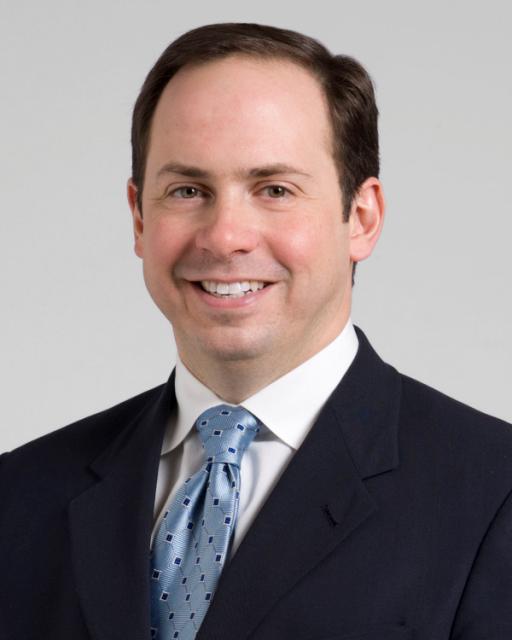4 key management and motivational approaches to heighten physician engagement during a time of healthcare change and reform
Amid the ongoing, radical transformations of the U.S. healthcare system, no physician will ever question what he or she must do if someone needs help. Said simply – everything they can. When a hurricane like Sandy hits, when a tragedy like the Boston Marathon cleaves the country together in shock and grief, and in countless other moments of trauma and of need, doctors on the scene stay right there, often heroically, and others rush in to help, unhesitatingly. The current historic changes in how care is delivered and administered may be immense and very much unfinished, but the constant at the heart of all healthcare remains every doctor's unquestioning commitment to heal the sick and to save lives. 
That doesn't mean doctors don't have a lot of questions right now. Many continue to experience degrees of bewilderment, dissatisfaction and, indeed, anger at the shifting nature of their roles and responsibilities. Doctors are being told that they must accept new organizational structures, ways of working, payment models and performance goals, even as they continue to struggle to care for the endless stream of patients who want to be seen. And then they are often told that much of what they do is waste — multiple procedures and tests are now being reconsidered. The model has shifted, and for good, from a focus on individual physicians to a team-based approach centered on patients. That is a new world for doctors, and it is critical that they too receive care, in a sense, in this time of transition. They are the men and women, after all, on the front lines — change will not happen effectively and sustainably without them.
At the Cleveland Clinic, as deeply committed as we are to every patient, we are also taking greater care to not lose sight of the needs of our doctors. In a recent Harvard Business Review article, our CEO, Dr. Delos "Toby" Cosgrove and our colleague Tom Lee, Chief Medical Officer of Press-Ganey and former president of Partners Health, looked at how some of the best hospitals in the United States are engaging with physicians using a model created by economist and sociologist Max Weber. Mr. Weber is known for his writings on how to ignite social action. Although his ideas have been reshaped to apply to healthcare professionals, we've distilled four key management and motivational approaches to heighten physician engagement in healthcare change and reform: shared purpose, self-interest, self-respect and tradition.
Shared purpose means inspiring our teams with common organizational goals rather than piecemeal targets. At the Cleveland Clinic, for example, we have reinforced our commitment to compassionate care by teaching service excellence to all of our staff, improving physician communication with patients, and teaching empathy.
Self-interest, simply enough, means creating financial and other rewards for achieving goals. At Geisinger Health System, 20 percent of an endocrinologists pay is tied directly to specific achievements, like improving control of patients' diabetes.
Self-respect means taking advantage of peer pressure to drive performance. At the University of Utah, patient ratings of doctors are shared both internally and on public websites.
And tradition means establishing distinct, unwavering standards. At the Mayo Clinic, the long-time strict dress code is an elegant representation of the institution — meant to embody the "Mayo way of doing things."
Change is here. The status quo is no more in American healthcare. A new generation of doctors will never know another way of doing things. It is all happening with many stumbles, no doubt, but also very fast. Many organizations are already reaching out to medical students to help them understand new approaches to care by cultivating "farm teams" that are initiated into team-based, patient-centered care even before they receive their degrees so that when they do, they can be easily integrated into the system, ready to go.
At the same time, healthcare is too critical to wait for a new guard to replace the old. By appealing intelligently, sensitively and firmly to every doctor's deepest instincts as professionals and as compassionate human beings, the revolution in American healthcare can continue to happen right now, drawing on the deep, abiding wellspring of commitment to patients that is at the heart of every doctor's life and work.

